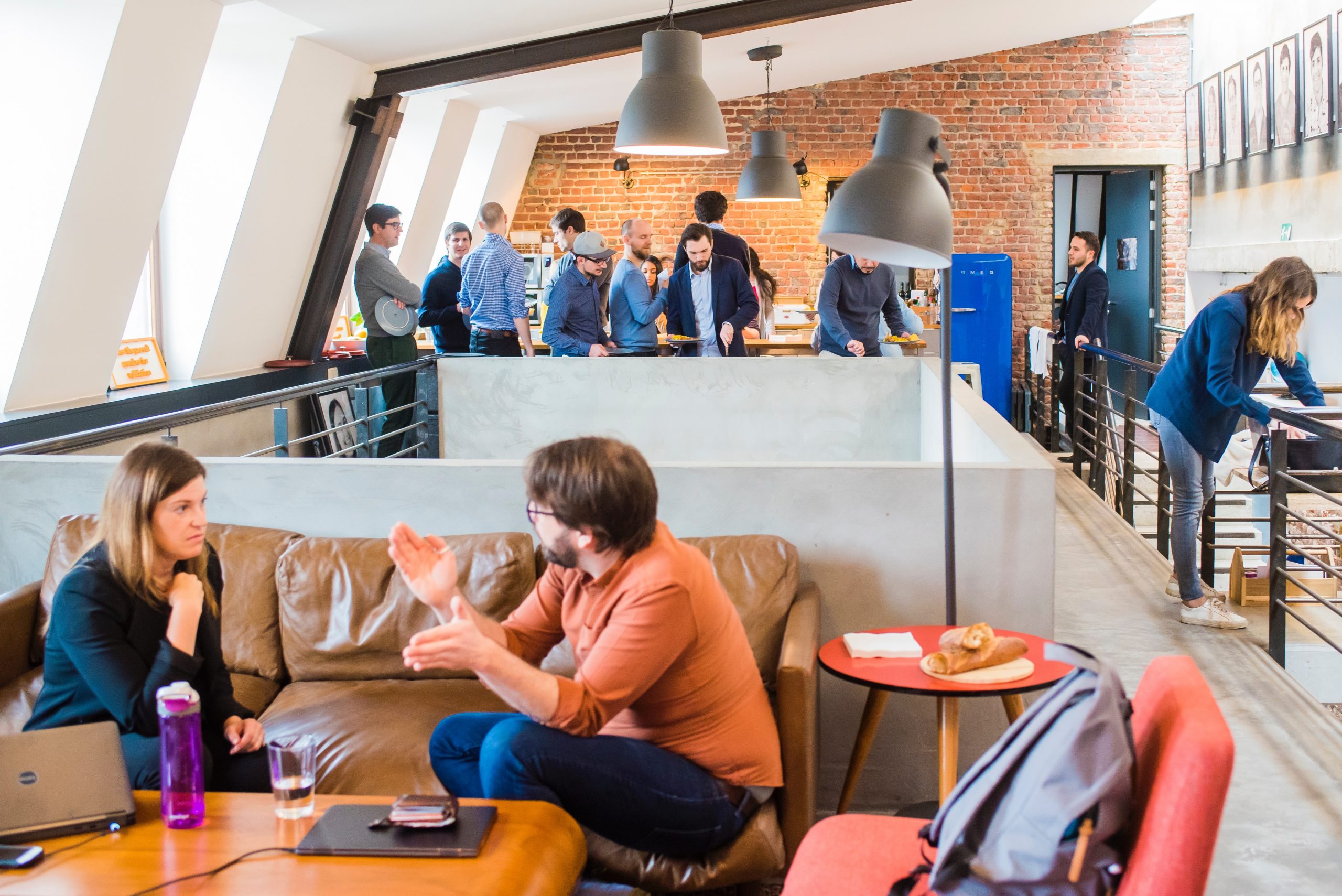A new study* shows that 60% of workers believe that City Centres won’t recover from the pandemic for many years, Managing Director Tanya Pepin says that “60% of respondents also reported they found working in cities less attractive now.”
TWC Trends looked at the impact of working in city centres after the pandemic and whilst it found that 68% of people wanted to reduce, or end, working from home, only 14% want to return to ‘the office’ as they knew it.
Tanya Pepin explained further,
“The current sentiment across employers and employees is that a blended approach to home and office working will persist going forward and people are seeking a new work experience as opposed to the one they enjoyed before.
“Employees want time at the office to connect, collaborate and engage, alongside time at home to focus and in some cases, save a not-insignificant amount of ‘windshield’ time.
“Indeed, the latest Office for National Statistics’ (ONS) Coronavirus Round Up published on the 21st May 2021 showed that over 6 in 10 working adults reported leaving home for work in the last 7 days – a figure which is significantly higher than mid-February which showed 44% of working adults leaving home for work.
“And as the office lights go back on, for employers there will be some real challenges ahead around overheads, new working processes and socialisation of their workforce. Already, we have seen announcements from some major brands indicating a long-term seismic shift in how their offices will be deployed in the future.
“And, whilst we hear that some employers will allow their workers to split their time between home and office, there are also indicators that people want to be in the office when other people are in the office – which of course raises the question that will 50% office capacity be enough? Reducing office space won’t necessarily work for employers (if 80% want to be in at the same time as their colleagues).
“Some say the ‘around the coffee machine chats’ and spontaneous beer down the pub at 5.30pm are critical in many organisations/industries. And people learn a lot from watching other people. Will this reduction in ‘socialisation’, impact growth in companies and individuals?
“The above has to be offset by those who have migrated out of the cities to rural parts of the country (whilst retaining their existing employment), in the assumption that remote working is now a given. Hamptons reported that an estimated 73,950 houses were bought outside London in 2020 by people leaving the capital for rural locations. Time will tell as to whether they stay and whether their employers find this acceptable.
“But, changing workplace environments could have further consequences. There will be additional factors to consider in City Centres around the infrastructure that has evolved to support the workplace from coffee shops to transport logistics. We ask the question – will changing demographics lead to a wasteland of real estate?”
Furthermore, TWC’s data showed that 62% want to reduce or end work meetings on Zoom/MS Teams.
Commenting on Zoom ‘fatigue’, Pepin says: “It’s all about balance – the majority of workers want to get out of the house and they want to meet face-to-face and not constantly live their working lives on Zoom or Teams. Plus, there are new advances in technology platforms all the time which are taking us in a new direction.
“For example, the Guardian recently featured the rise in free customizable spaces such as ‘gather-town’ which is virtual meeting space for anyone who wants to organize a get together without using Zoom. This virtual world means you chose an avatar before you enter it. Instead of playing a game, you can ‘go to the office’ with a virtual presence”.
“Following on from the figures published by the Office of National Statistics (ONS) which shows that the number of vacancies reached the highest level since March 2020, with most industries displaying increases over the quarter (most notably within Hospitality and Foodservice), it’s clear that the UK is ‘getting back to business. But, as to what getting back to business looks like for many workers, this has yet to be seen…”.
www.TWCGroup.net
*Study by TWC Trends







